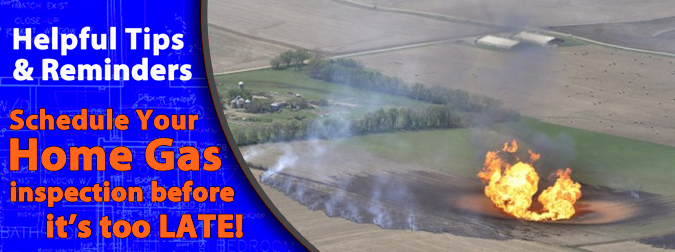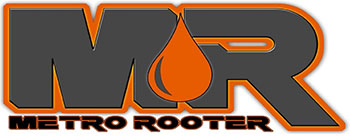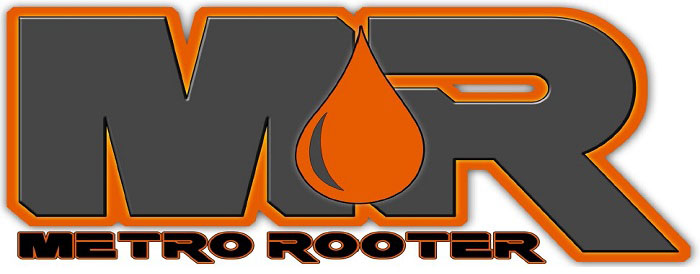
Gas Line Installation, Repairs and Inspection
More than half of the homes in the United States rely on natural gas for clean and efficient heating and cooking. Natural gas lines and appliances are relatively safe, but for the protection of your home and family you should be aware of the possible hazards of natural gas.
Gas leaks
Gas leaks can occur from faulty gas appliances and pipework. Un-burnt natural gas and LPG are not poisonous in the same way that carbon monoxide is but both can lead to fires and explosions.
Fires and explosions
Gas is, by its very nature, highly combustible. Correctly fitted and maintained gas appliances ensure that gas is burned in a safe and controlled way to heat our homes and to cook with. If gas leaks from a faulty appliance or pipework, it can spread quickly and there is a risk of it accidentally igniting causing a fire or explosion.
Inspection and Prevention
Gas leaks in the home can be easily prevented by ensuring flexible gas lines are installed properly and inspected regularly by licensed professionals. Gas leaks outside the home are also dangerous. Most gas lines coming into the home are buried underground. Before doing any job that requires digging outside, homeowners should call their local utilities so gas lines can be marked before digging begins.
Why You Need A Licensed Plumber and NOT a TREC Inspector
(Such as when the City or Gas Utility Company requires you to get an inspection to get your gas turned back on, or if an Adoption Agency or similar entity requires an inspection for child-safety reasons.
Over the years building codes have changed to reflect changes in lifestyles and appliances. In homes constructed more than 25 years ago, standing pilots ignited most ovens and cook tops. Today electronic igniters light them. That makes the gas pipe system more prone to becoming electrically energized, which is a type of hazard. Of more importance in many homes older homes is that the gas piping was not bonded to the electrical grounding system. If found this would be shown on a standard inspection report as in need of repair. However, testing the gas pipes would not identify this potential hazard.
Rusty gas lines can lead to fires or other property damage. During the regular course of our standard inspection if we discover rusty pipes that appear to us to be a concern, we will point that concern out to you, our client. We will suggest that further action be undertaken and will recommend a course of action, such as contacting the gas utility company or a qualified plumber.
The rusty pipes visible at ground level generally belong to the gas utility company. It would be up to them whether to replace it or not, according to their experts. Any rusty pipes found on the house side of the meter are the responsibility of the homeowner and would be repaired at the homeowner’s expense or possibly negotiated into the sale of the house.
According to TREC the minimum requirements for a gas pipe inspection is: “The inspector shall: (1) inspect and report as in need of repair deficiencies in the condition and type of all accessible and visible gas piping; and (2) test gas lines by using a local or an industry-accepted procedure. (c) Specific limitations for gas lines. The inspector is not required to inspect sacrificial anode bonding or for its existence.” According to these rules a typical real estate inspector cannot perform this inspection because #2 states that the lines must be tested “by using a local or an industry-accepted procedure”.
That means (at the time of this writing) at a minimum the supply pipe has to be removed from the meter and plugged, the shut-off valves at each appliance (water heater, gas range, etc.) are be replaced with caps. A pressure gauge having a pressure range not greater than twice the test pressure applied and increments in 1/10 pound is attached to the system and then the system is pressurized with air to a pressure specific to that area of the county (according to the gas utility supplier). That pressure is monitored for a specific length of time and if the needle drops that indicates there is a leak.
This kind of testing requires dismantling a portion of the system and is something that only a licensed plumber should do. If you haven’t had your home’s gas system tested recently, call the professionals at Metro Rooter Plumbing Service! Sleep well knowing your home’s gas system is safe and up to code!
Get the peace of mind that comes from knowing your plumbing system is working properly!

Click Here to see more helpful Tips & Reminders!
Call Metro Rooter Plumbing Service for all Your Service and Repair Needs
At Metro Rooter Plumbing Services, our technicians will arrive on time and will perform all work to code with top grade material, assuring your family and home’s safety. Work is done efficiently and upon completion, all jobs are followed by a thorough clean up, and complete respect is given to your home. Our trucks are stocked with a wide selection of repair items, tools, and emergency equipment enabling us to provide plumbing services 24 hours a day, seven days a week. If you would like to schedule a service appointment, click here or you can call us at 817-933-7578.








